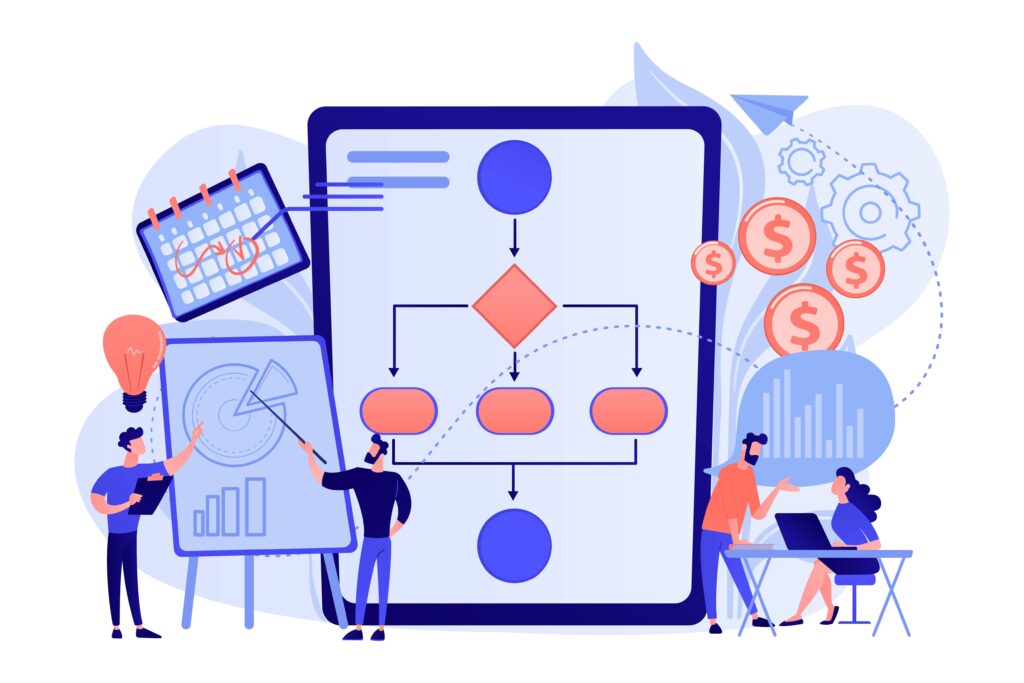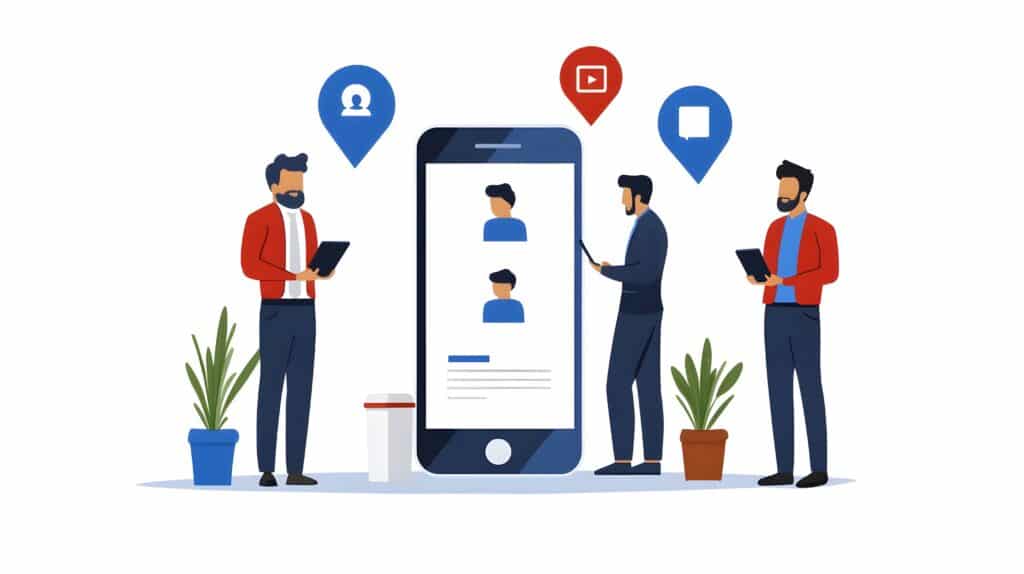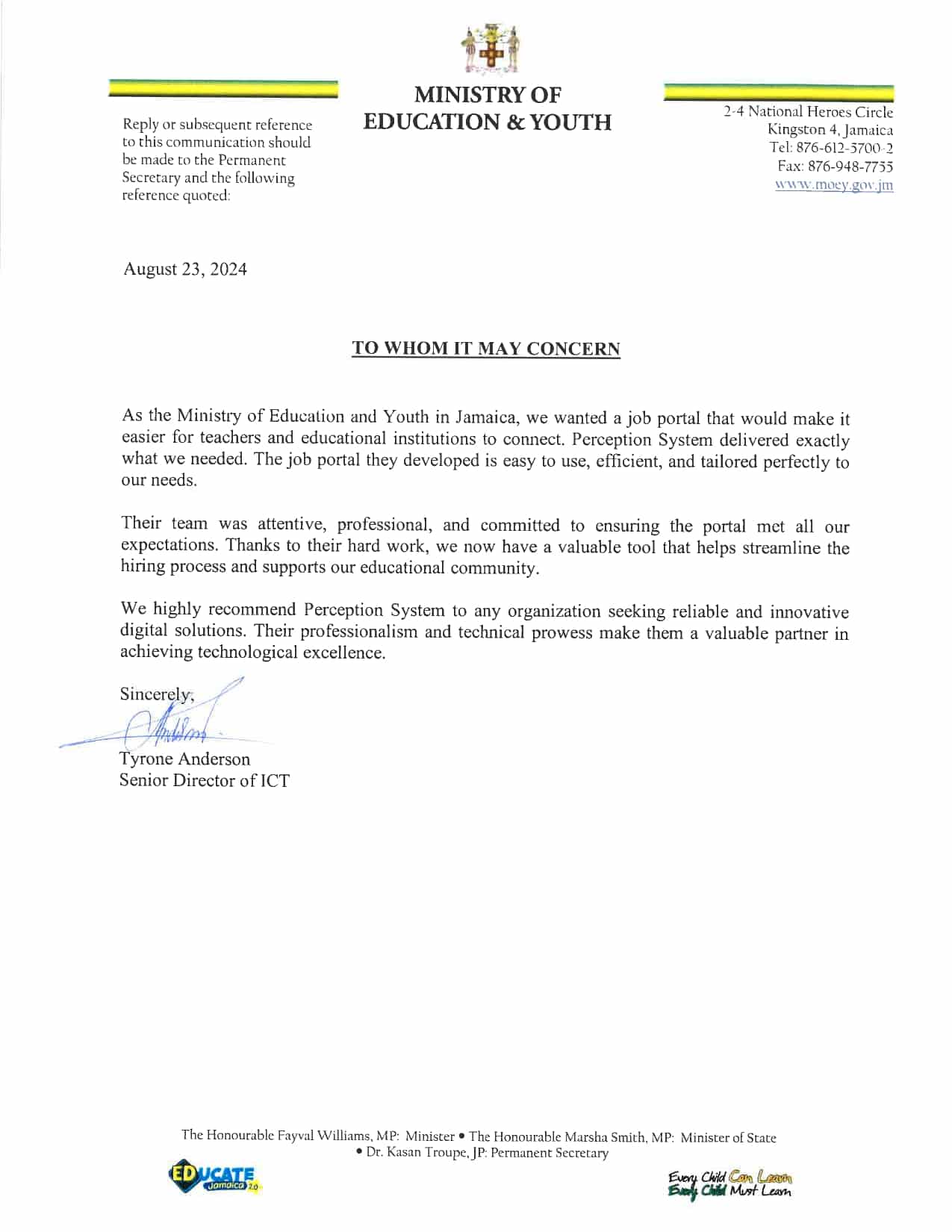Table of contents:
1. An Integrated Applicant Tracking System (ATS) 2. Customizable Workflows to Fit Your Unique Process 3. Advanced Reporting and Analytics for Data-Driven Decisions 4. Candidate Relationship Management (CRM) for Long-Term Engagement 5. Mobile Accessibility for On-the-Go Hiring 6. Collaboration and Interview Scheduling Tools 7. Security and Compliance for Peace of Mind ConclusionFinding and hiring the right talent takes a lot of work. In today’s job market, businesses are constantly trying to stay ahead by making their recruitment processes faster and more efficient. One powerful solution is investing in Custom Recruitment Software. Unlike standard, one-size-fits-all platforms, custom solutions are built specifically for your organization, addressing its unique challenges and goals.
But with endless possibilities, how do you ensure your custom software includes the features that will truly make a difference? Here’s a closer look at the essential features you should prioritize when building or selecting Custom Recruitment Software.
1. An Integrated Applicant Tracking System (ATS)
At the heart of any successful recruitment system is an effective Applicant Tracking System (ATS). This feature serves as the backbone of your recruitment process, helping you manage job applications from start to finish. With an ATS, you can:
- Automatically filter and rank applicants based on skills, qualifications, and experience.
- Track the status of each candidate as they move through the various stages, from initial application to final interview.
- Centralize communication by sending automated updates to candidates, streamlining your team’s ability to respond.
An ATS in your Custom-Built Recruiting Software can drastically reduce the time spent on administrative tasks, allowing HR professionals to focus on more strategic activities like engaging with top candidates and improving the hiring process.
2. Customizable Workflows to Fit Your Unique Process

No two companies approach hiring in exactly the same way. Whether you’re running a fast-paced startup or a large corporation with many layers of approval, the ability to customize your recruitment workflows is essential. Custom workflows allow you to:
- Create specific hiring stages that reflect your internal recruitment process (e.g., resume screening, technical assessments, culture fit interviews).
- Assign roles and tasks to different team members, ensuring the right people are involved at the right times.
- Set automated triggers for actions like sending emails, scheduling interviews, or flagging candidates for further review.
This level of flexibility ensures that your Custom-Built Recruiting Software molds perfectly to the way your team works, improving efficiency and keeping everyone on the same page.
3. Advanced Reporting and Analytics for Data-Driven Decisions
Recruitment is no longer just about gut feeling; it’s about using data to make smarter decisions. Your custom software should include advanced reporting and analytics tools that give you insights into every aspect of your recruitment process. Key metrics you should track include:
- Time-to-hire: How long does it take to fill open positions, and where are the bottlenecks?
- Source effectiveness: Which job boards, social media channels, or referral programs are bringing in the best candidates?
- Cost per hire: How much are you spending to bring in new talent, and how can you optimize these costs?
With the right analytics, your Custom-Built Recruiting Software can provide you with the actionable insights needed to refine your hiring strategies and improve overall performance. This data-driven approach allows your HR team to make informed decisions that benefit the entire organization.
4. Candidate Relationship Management (CRM) for Long-Term Engagement
Building relationships with candidates is critical, especially in a competitive job market. A Candidate Relationship Management (CRM) tool within your software helps your team stay engaged with potential candidates, even if they aren’t immediately hired. Key CRM features include:
- Talent pooling: Create and maintain a database of qualified candidates who can be considered for future roles.
- Engagement tracking: Keep tabs on past interactions with candidates to maintain warm relationships.
- Automated follow-ups: Send personalized communications or updates to candidates over time, ensuring your company stays top-of-mind.
This feature ensures that your recruitment efforts go beyond just filling open roles, creating a talent pipeline that benefits your organization in the long run.
5. Mobile Accessibility for On-the-Go Hiring

The hiring process doesn’t just happen in the office anymore. Recruiters and candidates alike need to access the system from wherever they are. Ensuring your Custom-Built Recruiting Software is fully mobile-friendly allows your team to:
- Access candidate profiles and resumes from any device, whether they’re in the office or working remotely.
- Schedule and manage interviews on the go, reducing delays and keeping the hiring process moving forward.
- Communicate with candidates via mobile-friendly channels, ensuring a seamless and responsive experience.
Mobile accessibility keeps your recruitment process agile, allowing for quick decisions and faster responses to candidates, improving the overall candidate experience.
6. Collaboration and Interview Scheduling Tools
Hiring often involves input from multiple people in different departments. Collaboration tools built into your recruitment software ensure that everyone stays on the same page throughout the process. Look for features that allow:
- Shared calendars that sync with your team’s availability, making it easy to schedule interviews without endless back-and-forth emails.
- Centralized candidate feedback, enabling interviewers to provide insights and evaluations directly in the system, ensuring that everyone’s input is considered before decisions are made.
- Real-time updates and notifications, so recruiters and team members are always aware of changes in the hiring process.
This not only speeds up decision-making but ensures that all relevant stakeholders are involved, leading to better hiring outcomes.
7. Security and Compliance for Peace of Mind
Recruitment involves handling sensitive data, from personal details to professional histories. As such, your Custom Recruitment Software must prioritize security and compliance. Key elements to consider include:
- Data encryption to protect candidate information from unauthorized access.
- GDPR and other regulatory compliance to ensure that your data collection and management practices are lawful.
- Audit trails and access controls, allowing you to track who has accessed or modified candidate data and when.
Strong security features not only protect your company from legal risks but also ensure candidates feel confident in sharing their information.
Conclusion
Choosing the right Custom-Built Recruiting Software is an investment in the future of your business. By focusing on features like ATS integration, customizable workflows, advanced analytics, CRM tools, mobile access, collaboration capabilities, and strong security, you can create a solution that streamlines your recruitment process and helps you attract top talent. A well-tailored recruitment system not only improves efficiency but also creates a positive experience for both recruiters and candidates, setting your organization up for long-term success.
Hire on-demand dedicated developers of desired skill & experience.
To learn from industry insights on recruitment technology, click here. If you’re interested in creating a job portal or want to explore custom recruitment solutions, connect with us or email us at info@perceptionsystem.com.




